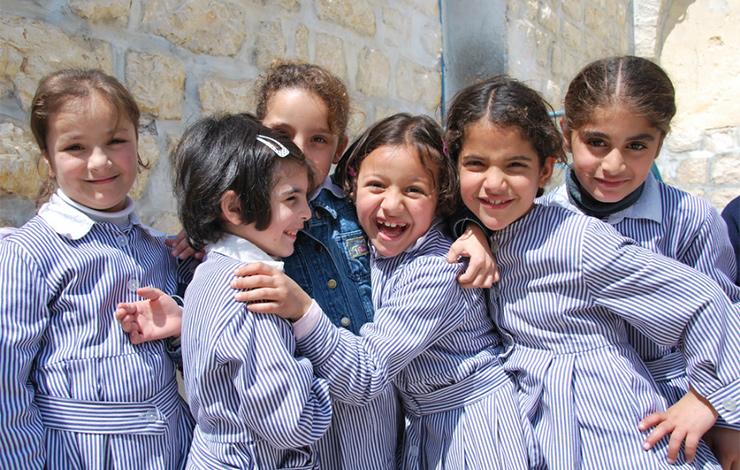

In most countries, women and girls suffer disproportionately from weak rule of law and face multiple barriers to justice. Women earn less than men, have limited land and property rights, encounter discrimination in education and healthcare, face gender-based violence, and are underrepresented in governance and decision-making. Even where good laws exist, women are often unaware of their rights, the laws are not always enforced, or the laws may conflict with local customs and culture. Yet women and girls are also central to solutions to many of our world’s toughest challenges. Putting the rule of law behind women’s rights leads to better family nutrition and health; improved education for children; reduced vulnerability to HIV/AIDS; better access to assets and finance for families; and greater economic growth and security for communities and nations.
This program provided pro-bono legal counseling to victims of domestic violence and trained young lawyers working on this issue. In addition, the program held seminars for women, judges, and local ...
As part of an assessment of the adherence to human rights principles – especially those regarding women and vulnerable groups –in the constitutions of South American states, this program produced a ...
In Mexico, eyewitness misidentifications and false confessions are the types of evidence most frequently used in criminal cases. To address this problem, Lawyers with Cameras carried out inmate and ...
Zambia faces many systemic challenges to strengthening the rule of law as it relates to police brutality, police corruption and accountability, and gender-based violence. As the first step towards ...